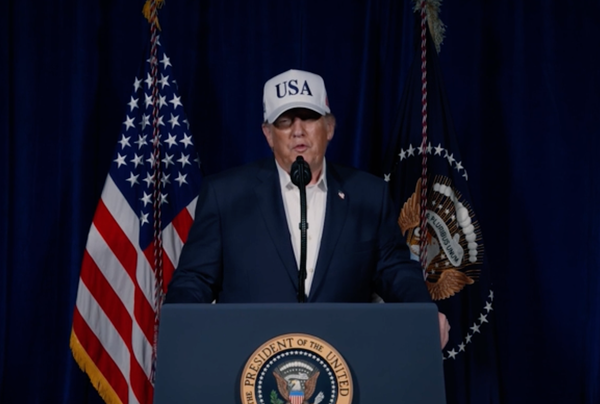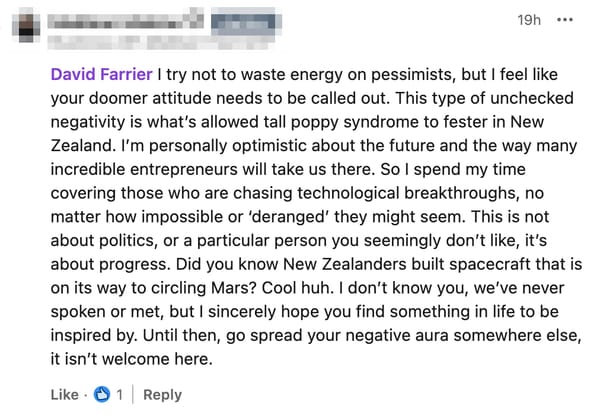Totally Normal XII: I Went to Cuba and Tried to Quit the Internet
Tony Stamp attempts to do the exact opposite of what his monthly column usually has him doing.
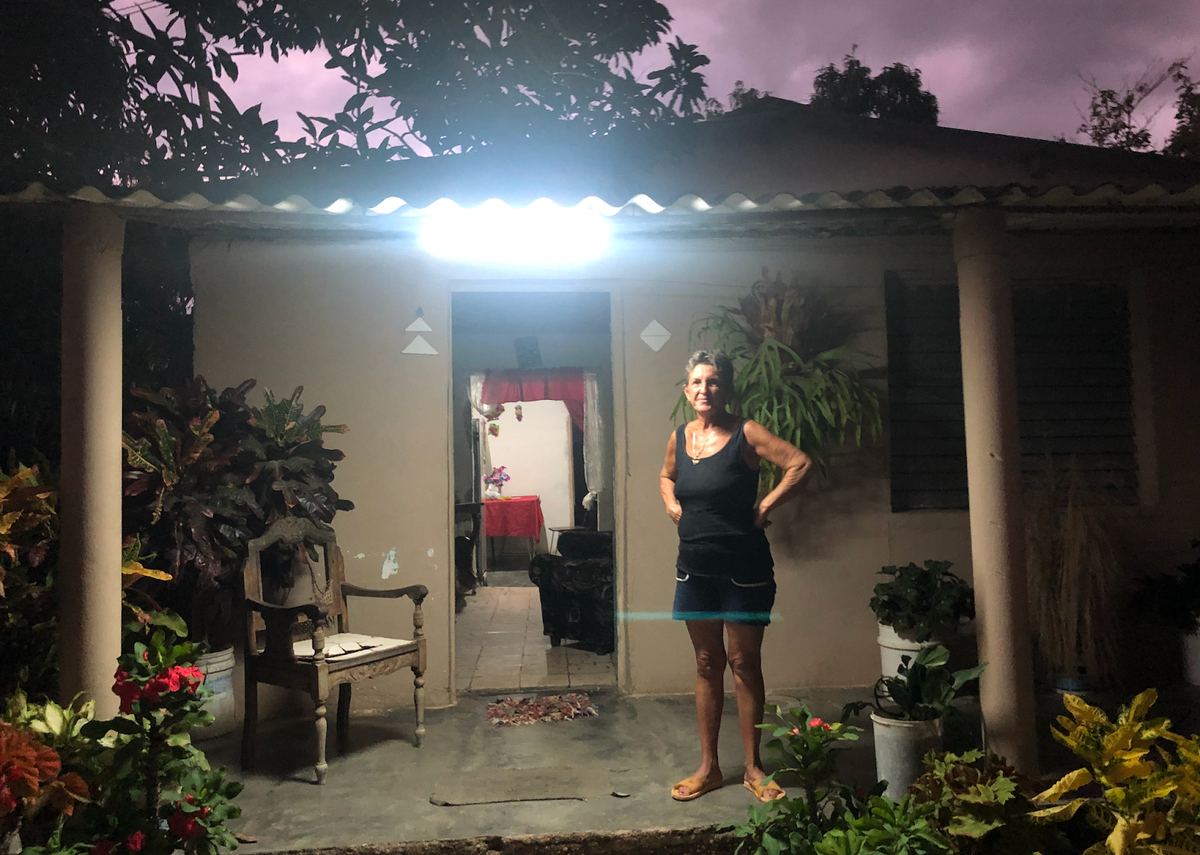
Hi,
Thanks for all the kind feedback to my last piece, about Pete’s 99th birthday.
It was about a birthday party on the top of a hill, but it was also about the inherent difficulty of life, and what we’re meant to do with the time we have. The ninety-nine year old and I agreed on one key thing: We’ve got to keep walking. We’ve got to keep moving.
I’m especially appreciative of this comment from Michelle, who wrote:
I remember my dad saying you could work everything out on your feet. And that the contract you make with the pavement, the bush track, the sand, was private and new every day. You set your very own time with your footfalls, and walk through time in your own time. It’s a comforting thought: as if you are a tiny secret clock hidden in the mechanism of the monster.
Again — the comments you leave under pieces like the Pete Webworm make me so happy. It’s therapy. Thank you.
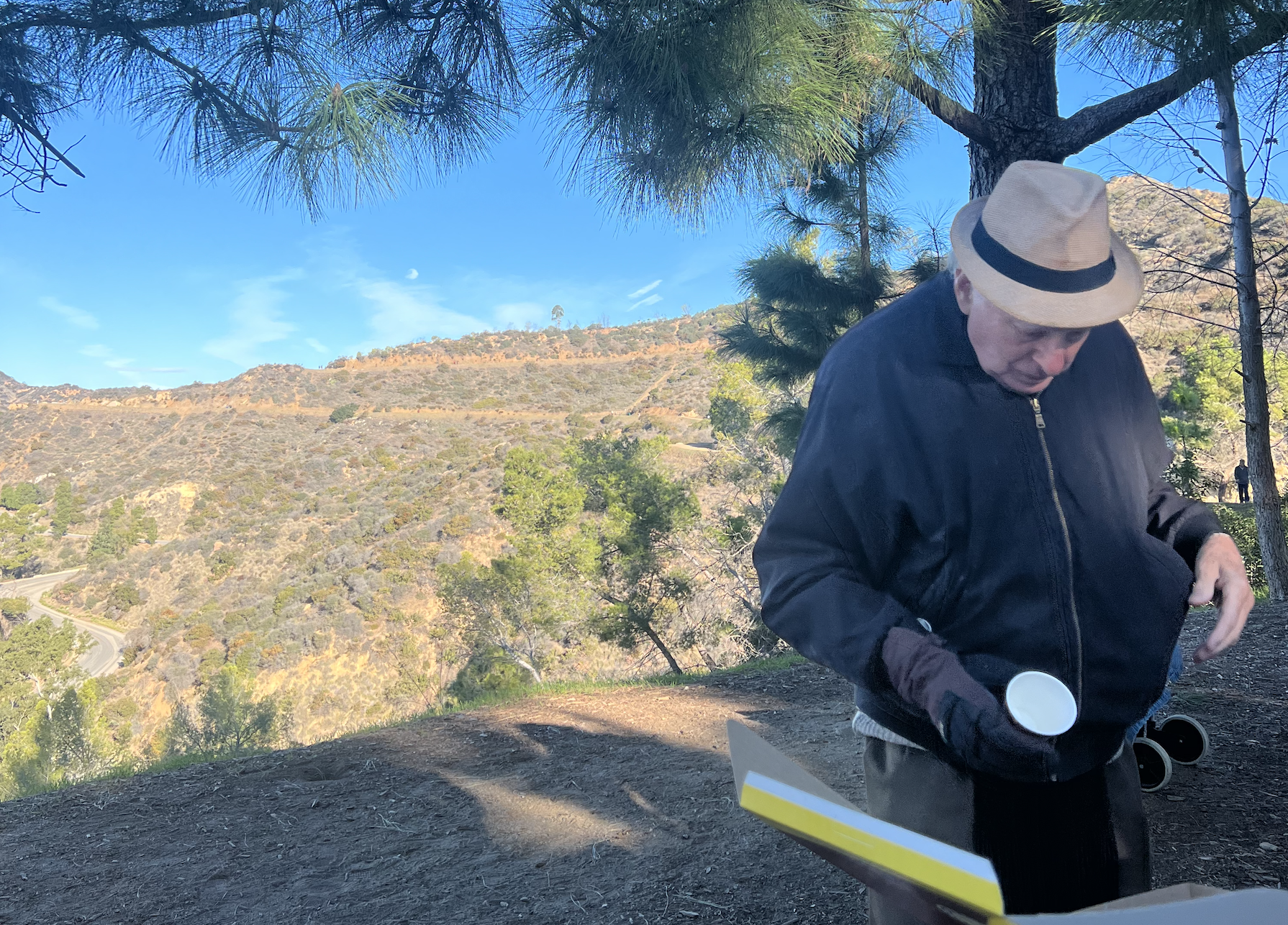
We’re heading into the weekend, and as we also head into December, it’s time for the latest edition of Tony Stamp’s Totally Normal.
He usually dives headfirst into the internet — attempting to make sense of the last months’ internet chaos, so you don’t have to.
But this last month Tony did something very unusual for Tony, and something kinda extraordinary for many of us, I think.
Tony went offline.
David.
Totally Normal XII: I went to Cuba and tried to quit the internet
Text and photos by Tony Stamp.
Prologue
Let me say up front: this is the kind of article where the person doesn’t really do the thing they say in the headline. My experiment was flawed from the get go, but I did give it a shot, and it does give me a chance to talk about Cuba, which is a fascinating, embattled little country.
I should also mention this here: right before I went, Elon Musk had begun to show everyone what a massive fraud he actually is. He’d begun bumbling through a series of idiotic changes on his newly acquired Twitter, and the schadenfreude was building to a delectable peak, right before I was going to have to Log Off.
The timing seemed unfortunate.
Cuba
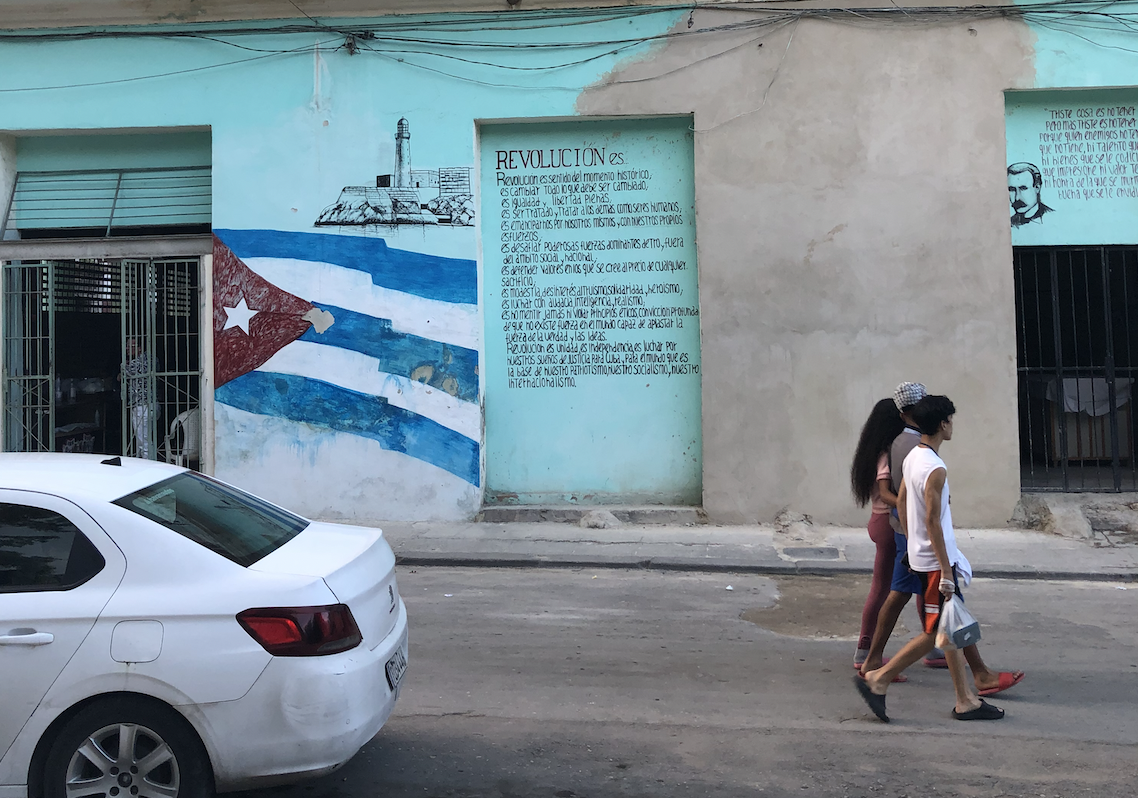
I’ve been curious about this Caribbean nation for a long time, and its fractious relationship with America. An acquaintance had told me about his experiences there some years ago, which included power and water shutoffs outside the capital city of Havana, and very limited internet access. Wifi was available in the capital at most hotels, or via phone cards, but those were prohibitively expensive. He told me that, outside the centre, you had to resign yourself to going offline.
It was that detail that I found most enticing, and if you’ve ever read this column you can probably guess why.
I researched, and found that things have changed rapidly since Fidel Castro died in 2016. For one, the country has a whole new currency, the Cuban peso. Prior to this there were different rates for locals and tourists, but now it’s in your best interest to take either US dollars or Euros, which are in demand because they can be used in the Western stores that live in state-owned hotels. If Cubans want to shop there, they need foreign currency.
Everything I read stressed the difficulty of going online. I learned that roaming is ludicrously expensive, running over $100NZ for 25 mg of data. I became more enamoured with the idea of a reset, a circuit breaker of sorts to my addiction, my daily hunt for those small dopamine hits that increasingly stem from seeing someone I dislike get humiliated (Elon being a prime recent example).
I saw this meme and it resonated far too strongly.
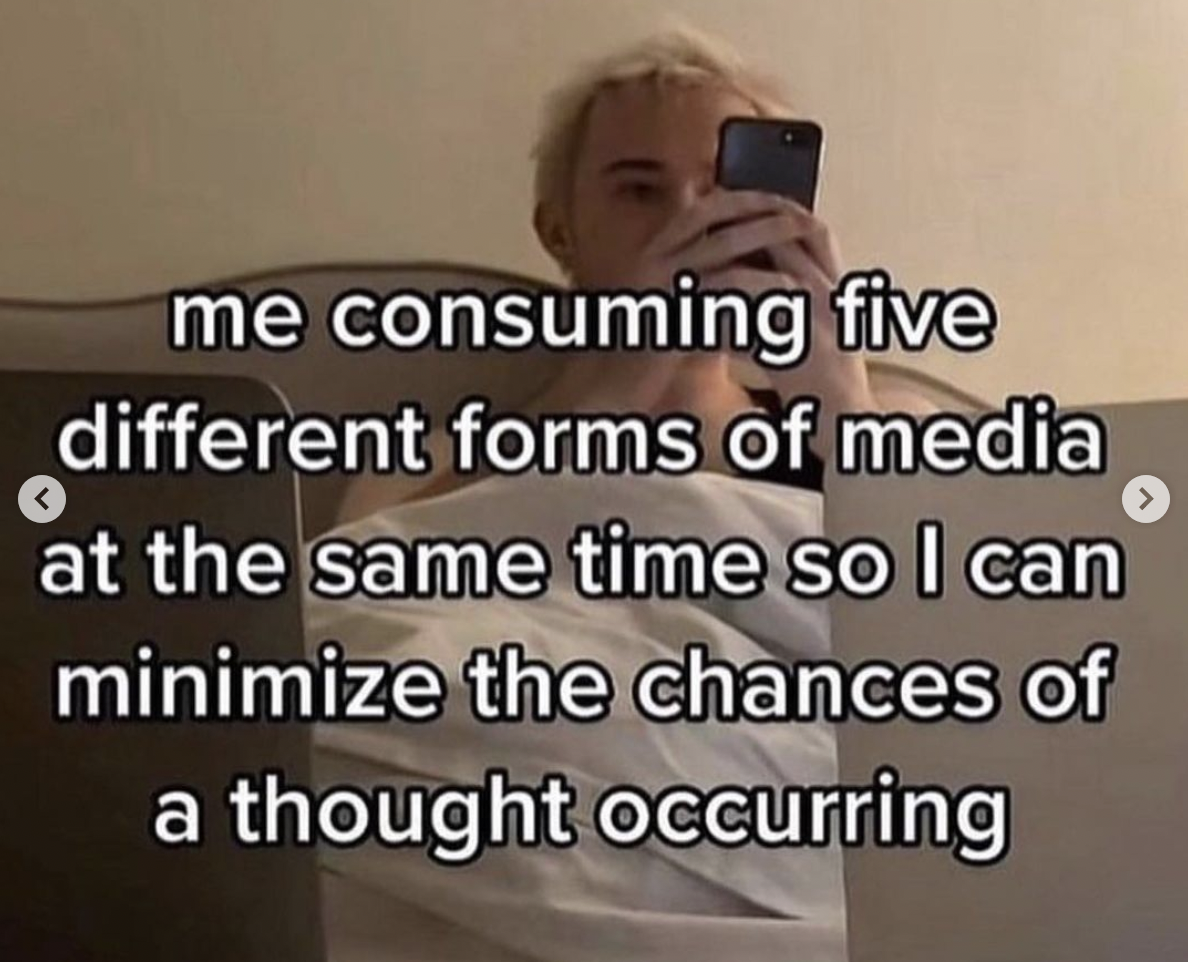
So I planned, booked my tickets, signed a lot of forms, got a Visa, and declared, over and over, that I wasn’t visiting as a tourist, but ‘to support the Cuban people’. Because I guess if you say the former, you go on a list somewhere as a terrorist sympathiser?
Oh yes: after Obama removed them from the US State Sponsors of Terrorism List in 2015 during the final weeks of his presidency (the timing of which was noted with appropriate cynicism by every Cuban I spoke to about it), Trump promptly put them back on. Biden has yet to change that. You can’t fly there from the States, and if you’ve ever been to Cuba, an ESTA is no longer going to get you into the USA — you’ll need to apply for a VISA.

It didn’t take too long after I arrived in Havana to find out most of what I’d learned online was now wrong — as one example, I’d read multiple places that it was one of two countries where you couldn’t buy Coca Cola (the other being North Korea), and it was only a few hours before I stumbled across somewhere selling it.
Not a store, per se — there are very, very few of those. But there are people with access to imports who sell things like Pringles from their front window.
Cuba was more developed than expected in some ways (there were plenty of new cars alongside the 1950s models I’d heard about), but also more impoverished. It felt like every exterior was in a state of disrepair, but I soon got used to stepping off a street covered in waste water, potholes and garbage into a pristine hotel lobby, or art gallery, or bar.
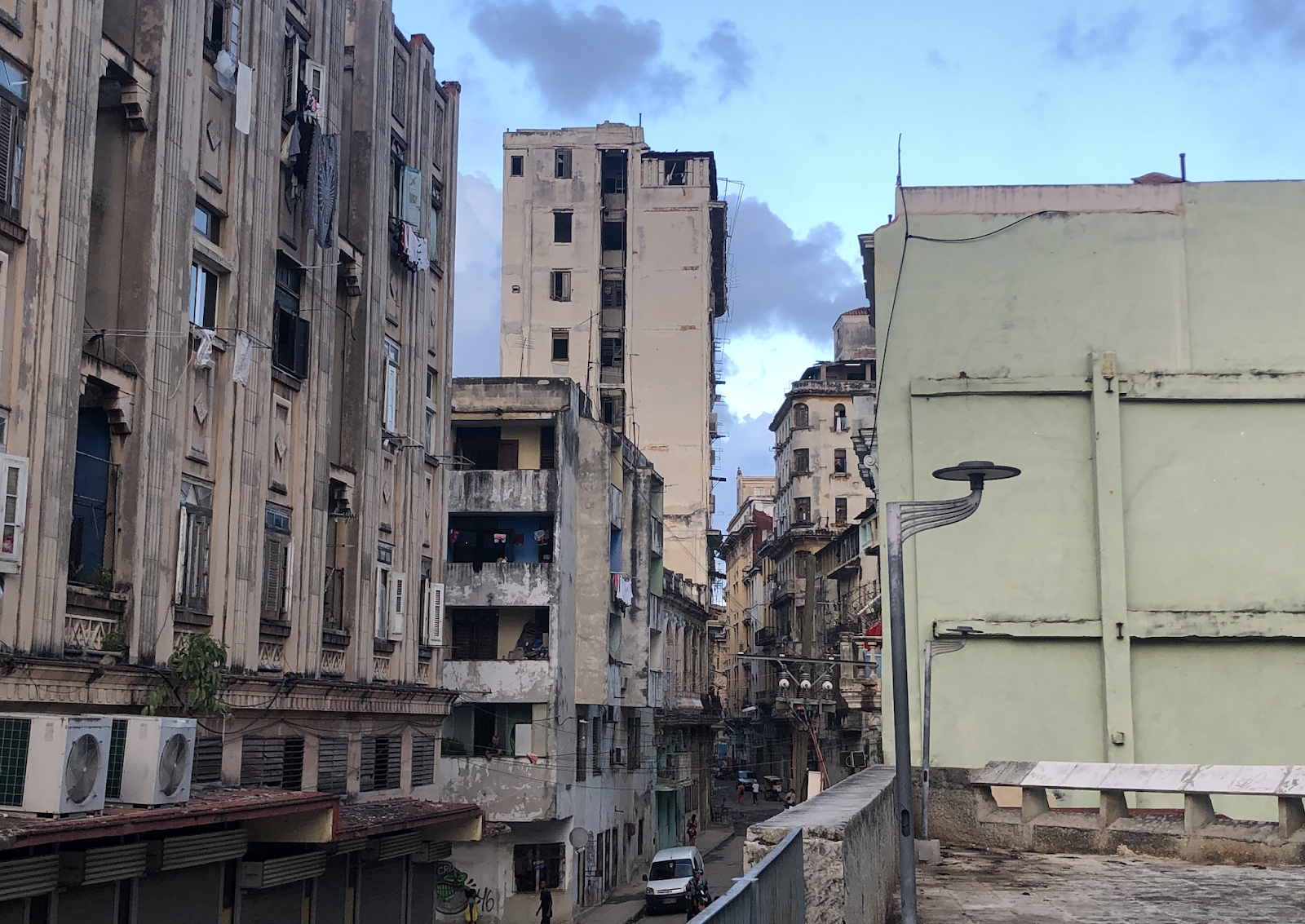
Literally everything I’d read had claimed the food was bland, which was straight up wrong (a local told me that outside salad, anything I was eating had been in a freezer for at least a week, but I can live with that). It was pretty confronting to be told on day one that the country was facing a water shortage and I wouldn’t be able to buy any (mostly true), and if I drank the tap water I’d get sick for a few days (“like, really sick”), but luckily there was plenty of mango juice.
Some of the cliches are completely true, like the proliferation of cigars and rum. I saw lots of Che Guevarra t-shirts for sale, and a huge number of signs and billboards celebrating Cuban independence, even more out in the countryside than in the city.

And the internet? It’s improved markedly, a development that was apparently hastened by the pandemic. Wifi was available freely outside Havana, in hotels (where you’re often charged per hour), restaurants, and ‘public areas’. There was a certain comfort in noticing that even here, a lot of people were walking around staring down at their phones.
Eventually I found out that the local telco had started selling affordable sim cards with plenty of data to tourists, but I abstained, mostly due to confusion, but also because I wanted to at least partly disconnect.
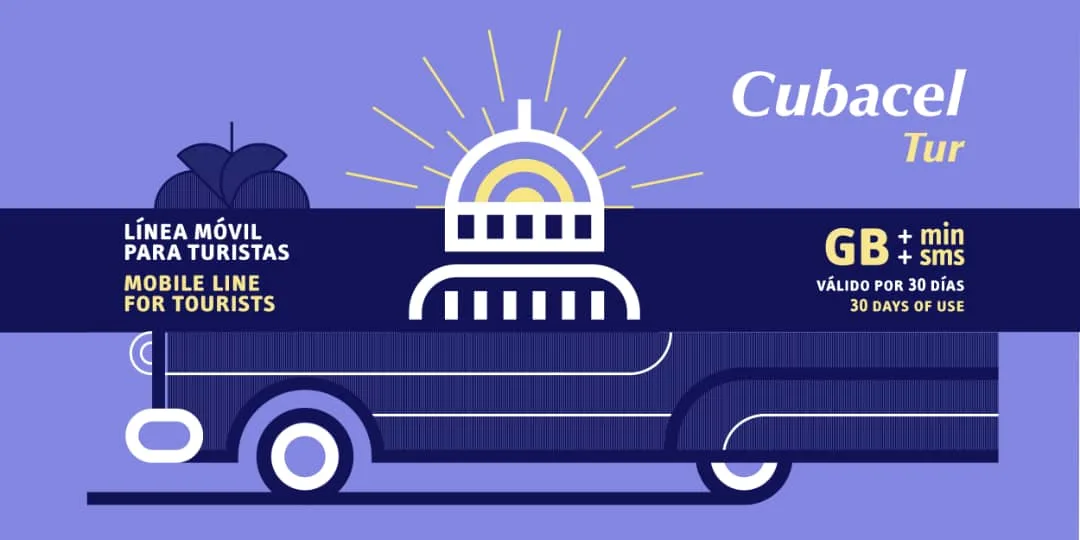
The wifi was slow (at least where I was). Like a lot of things about Cuba, it felt like going back in time.
I was reminded of living in Dublin during 2001, visiting Internet cafes to get a fix when I could afford the handful of pounds it cost to check my email and read pitchfork dot com. Logging in with a huge weight of expectation then feeling a slight deflation when you realise the internet isn’t that important after all, or that fulfilling.
In Havana I did a lot of clicking on messages before finding myself unable to reply. Pages often failed to load. I sat there, hitting ‘refresh’ over and over.
It’s true that the web often feels like being Ludovicoed into seeing the dumbest people on the planet share the dumbest opinions. But there’s no denying that I’m hopelessly addicted, and this was, if not cold turkey, then lukewarm turkey at least.
And I really wanted to see how Elon was fucking up.
Diary extract:
I’m in Casilda, a small town outside Trinidad on the South coast. The power is out, which is something I’d been warned would happen. It’s worse than expected though: outside Havana, it’s only on for twelve hours per day.
As my host walks me to a nearby restaurant, I ask if it’s a result of the recent hurricane, which knocked out electricity on the entire island for days. But no, he explains that it’s been happening long before then: the machines that power the country are old, and getting older, and Cuba is unable to replace the necessary parts.
So the government has allocated different amounts to different parts of the country: In some areas it’s four hours on/ four off. People have bought generators, including my hosts, but theirs has broken. And so: no wifi.
I’d planned for all of this. In fact it was part of the idea. I wanted to be cut off, to be isolated for a while. But as much deep breathing as I did, as much conversation as I made with the incredibly friendly locals, I couldn’t fight the low-lying feeling of panic that kept creeping in. The feeling that I was missing out on something.
One day I was sitting on a beach in the Caribbean. I’d discovered that even when I could get online for brief moments, I couldn’t access certain sites or apps, like the ones that tell me how much money is in my bank account, or the airline that would be flying me out of the country.
I felt stressed out. I took this photo to remind myself later how stupid that feeling was.
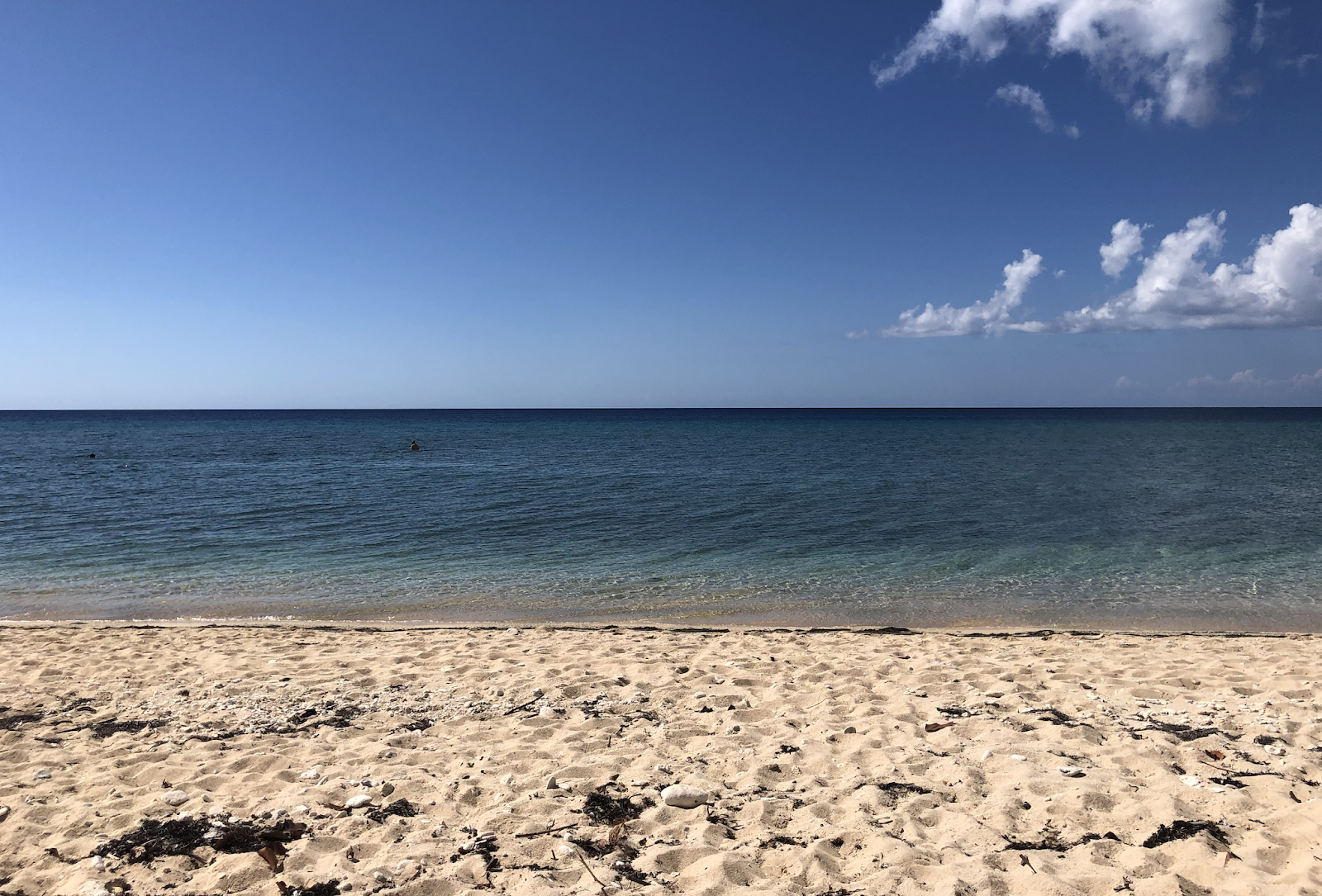
Back online
Once I made it to Canada and its blisteringly fast download speeds, logging back on was an extreme assault on the senses. Elon removing then reinstating authentication on Twitter was just part of his long list of fuck ups, and he seemed to have immediately buddied up with some of the worst right-wing accounts.
He’d picked fights with Steven King and Trent Reznor, and done that thing that super-privileged people do where they conflate ‘woke’ with ‘people who are mean to me on the internet’.
A long list of inferior alternatives to Twitter had been floated, like Mastodon and Hive. The propaganda assault on LGBTQI people had escalated. A homophobe shot up a nightclub. ‘Free speech’ was being used, as per, as an excuse for hate speech.
Confusingly, there was a lot of discourse around a woman who had shared food with her neighbours, which led to people hounding her about privilege to the extent that she deactivated her account.
My schadenfreude at Elon wasting his fortune on a platform for people to bully him curdled almost instantly. It was like Trump all over again, and I was reminded: Social media has shown us how venal and stupid many of the people in charge really are, but it also shows us, over and over, how helpless we are to stop them.
Epilogue
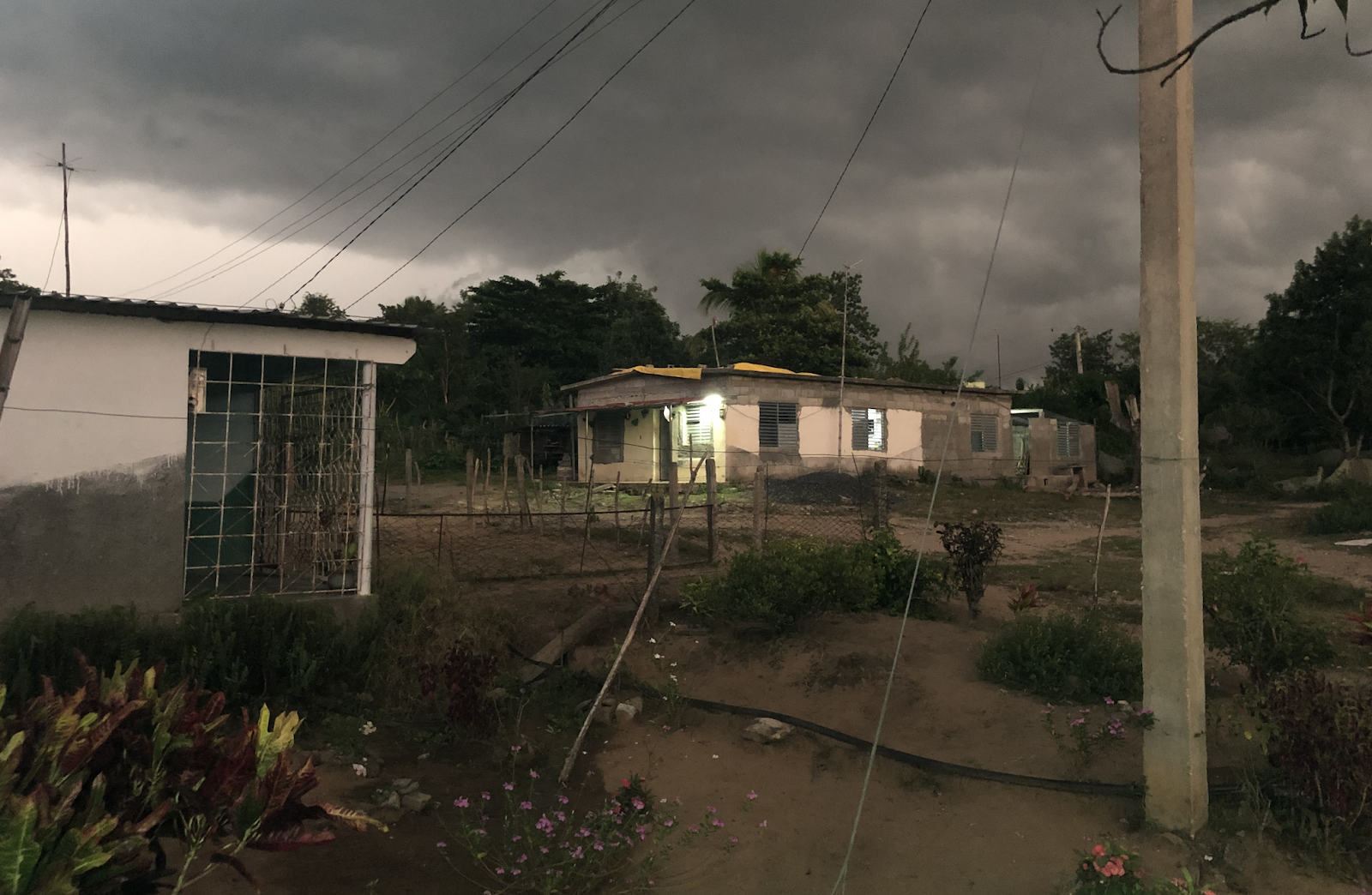
There was a moment in my trip that’s really stayed with me, encapsulating the best of both my experience in Cuba and my offline experiment.
For internet-related reasons, I’d failed to book a bus ticket to Trinidad (tourist buses, as distinct from buses for locals, are far fewer since the pandemic). Luckily taxis are very affordable, particularly ‘colectivos’, where you share the journey with other tourists.
So I wound up taking a six hour drive along the coast with a couple of Italian lads, and a very friendly, very fast driver. No seat belts, but what can you do. Prior to arriving in the country I’d downloaded an offline GPS map to my phone, which proved helpful for everyone.
After the Italians had jumped out at Playa Giron, it was just me and the driver. He spoke even less English than I do Spanish, but we listened to music and exchanged the odd word.
After a few hours we were nearing Cienfuegos. The sun had set, and due to the lack of street lights, it was pitch black. I sensed we’d left the open road and entered a more woodsy area, and suddenly he pulled over and said “Mi madre. Cinco minutos” (My mother. Five minutes).

I wound up spending much longer than five minutes in his mother’s home - after much hugging and kissing he bustled off to another house, leaving the two of us alone (he later reemerged with a big sack of something to put in the car boot).
She gave me frozen mango juice and made us both coffee, and showed me her backyard. Her English was zero, but as she pointed to the trees and spoke I recognised ‘mango’ and ‘guava’. A third word threw me though and I had to shake my head: “Lo siento, no entiendo” (I’m sorry, I don’t understand).
This prompted her to head over and pick a bunch of yellow gooseberries, which she gifted to me. After that we sat in the kitchen, communicating semi-successfully despite our lack of shared language. What really struck me, aside from her incredible hospitality, was the complete lack of urgency - I, a stranger, had her complete attention, and she expected nothing in return. We simply existed together.
I wasn’t thinking about Elon, or memes, or emails, whatever was doing the rounds online, or the multiple things that would usually take up space in my brain and make me angry, or happy, or otherwise. I was just alive.
-Tony Stamp.
I hope you have a good weekend. Maybe spend some of it offline. When you’re ready to come back, I look forward to reading your comments under the piece.
As Twitter continues to burn, I’m enjoying the chats happening over on the Webworm app. As of yesterday, Android users can join the chat too.

Read Webworm with David Farrier in the Substack appAvailable for iOS and AndroidGet the app
See you soon.
David.

